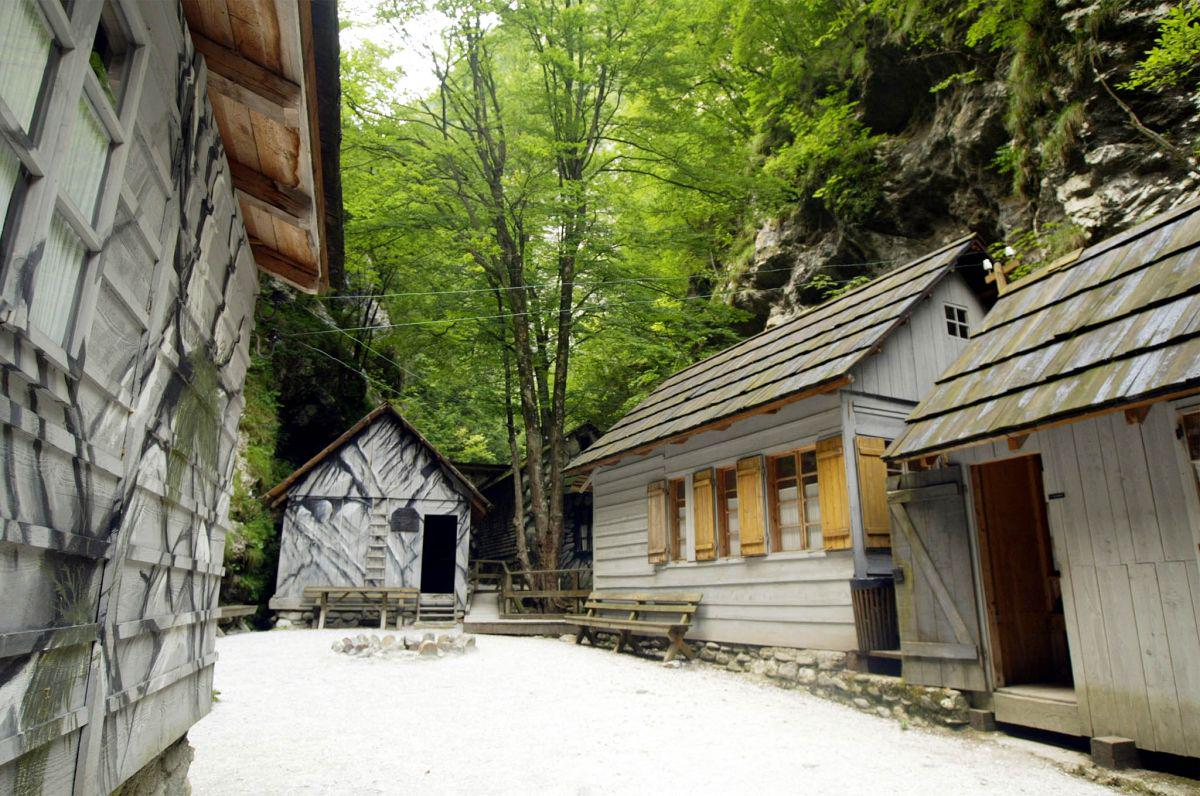
The European Heritage label has been introduced in 2011 with the purpose of strengthening the sense of belonging to the European Union, especially in young people. The measure introduced by the European Union was based on the intergovernmental initiative from 2006, focused on strengthening the sense of belonging based on common values, elements of the European history, and cultural heritage, the respect of national and regional differences, and improving the intracultural dialogue.
Multiculturalism and solidarity
In the Franja Hospital which was operating from winter 1943 to May 1945 besides Slovenian wounded the combatants of other nationalities were treated as well, including Frenchmen, Russians, Poles, and the wounded from former Yugoslav republics. Even an enemy soldier was treated there, who remained in the hospital until the end of the war. Thus, Franja Hospital contributed to multiculturalism, regional diversity, and solidarity. The local inhabitants gave a great contribution to solidarity, helping with the hospital. Franja is important also from the aspect of gender equality; the physician Franja Bojc Bidovec after whom the hospital was named was the head of the hospital for the longest period of time.
In 2007 the hospital was almost completely ruined by flood. After restoration, the Franja Partisan Hospital was reopened for visitors in May 2010. As written by the Idrija City Museum in 2013 at the occasion of the 70th anniversary, in spite of the loss of a part of the original material heritage because of the flood in 2007, the Franja Partisan Hospital preserved the original message and it remains a precious monument to humanity, nobleness, and comradeship, and a symbol of international integration and resistance.

































































